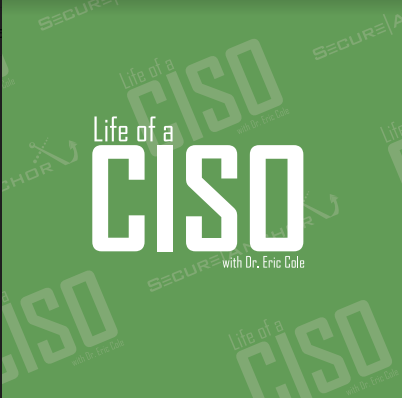One click is all that it takes to lose everything. We are in a cyber world where you can either be a defendant or a victim.
What are the two most dangerous applications to your business? What are the two applications that have the greatest chance of causing harm, causing damage, and putting you out of business? Believe it or not, it’s email clients and web browsers. They are the source of most evil, with “email,” by far, being in the #1 spot.
Do you realize that many attacks today come in and compromise an entire organization by sending what looks like a legitimate email? You or your staff would get an email that looks like it came from a partner, bank, vendor, or customer.
It looks legitimate.
It seems legitimate.
You click on the link or open the attachment, and before you know it, you’ve been compromised.
The scariest part of all is that today’s attacks are not very complicated. One click is all it takes and you could lose everything.
If there’s one area that you want to focus in on… it’s email filtering. I know most people are scared of filtering their emails, due to a fear of missing something important (like making a sell!), because emails are used so frequently in their businesses.
Here’s a question to consider, “Does your company need to receive emails from people outside of the country?”
Some large companies would say, “Yes,” but most of the smaller businesses only have clients in the US. It’s extremely easy for your IT team to do some basic filtering from outside the country… so, why not have them do it?
In order for you to run your business, do you absolutely need to be able to receive embedded links and attachments from strangers and unknown people? If the answer’s, “Yes,” then okay, that’s a risk. But in most cases, most businesses do not need to. So why not filter it out? Why not mitigate as many risks as possible?
Do you realize it’s easy for your IT team to set up your mail server to disable links or block attachments? Where is it written that email is a file transfer mechanism? If you need to transfer files, there are a lot of secure file transfer programs where you log in and do 2-factor-authentication, aka you verify and validate. Don’t use emails for file transfer. When you get sloppy and make mistakes, that’s when problems really occur. So go in and start asking questions about how you can filter, reduce and limit links and attachments in email.
Next, be very careful about what websites you surf.
Do you realize that attackers register similar names to legitimate sites? For example, they may change, “Google” to “G00gle” or “Gooogle,” and some of those may be owned by adversaries. So when you’re busy or working late, it’s very easy to mistype a URL and hit, “Enter.” Literally being just one letter off can get you compromised.
Not only do you want to have web filtering programs, you also want to bookmark all of the common (most used) sites. So that if you’re going to known sites and locations, you won’t have to manually type those links in, and will significantly reduce your risk.
If you want to improve your security and make sure that you don’t lose everything with one click, start asking better questions about how you can filter on emails with links and attachments, web sites, web locations, and where you surf.
I’ve just shared, with you, the two biggest factors that hurt companies and put them out of business. So if you can do a better job with email and web filtering, you can start to win, focus on your business, and keep the adversary out.
For more tips on keeping your company safe in cyberspace, connect with me, anytime, at secure-anchor.com/contact.


